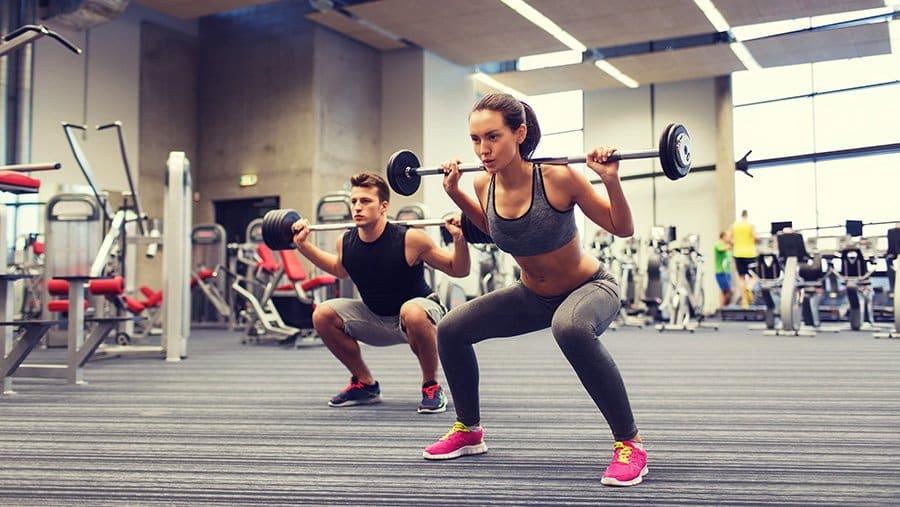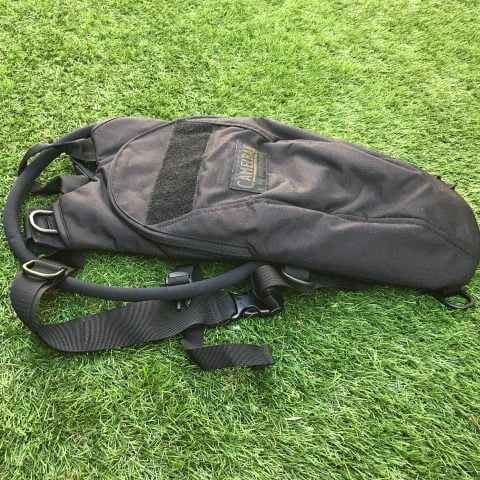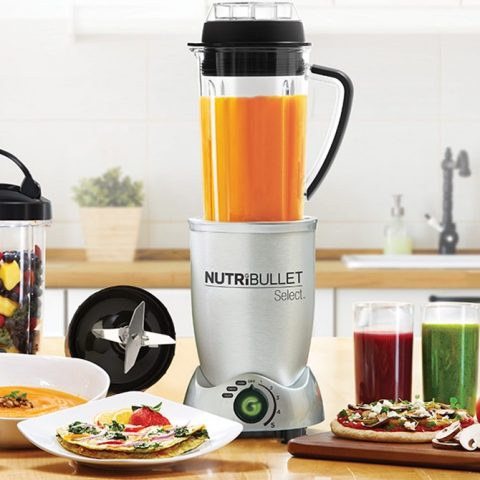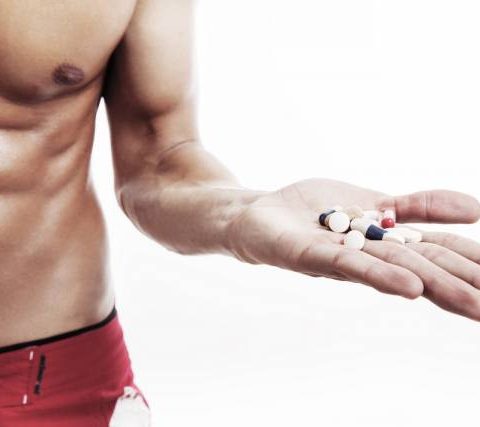Everyone is different and from time to time we all struggle with losing weight. Sometimes it is because of inactivity or bad eating habits, but other times it could be because of a sluggish metabolism. We have 6 simple steps that you can take to boost your metabolism.
Drink Cold Water
When you consume cold water, your body expends energy to increase the water temperature. Drinking around 500mL of cold water could boost your metabolic rate by around 30 per cent above rest for an hour after drinking. Although this equates to only 25 additional calories being burnt, it becomes significant when you drink more chilled water over a day. Two litres could burn you 100 calories a day, or 36,500 calories a year, which is almost 5kg of body fat. But in general it is always a good idea to stay hydrated.
Improve Your Sleep Habits
Good sleep habits (or sleep hygiene) sounds like an easy thing to master but you might be surprised at just how much poor quality or lack of sleep can affect your mood, wellbeing and ability to function. Research shows people who are well rested and have good sleeping habits feel more energetic, are more focused or can concentrate for longer and have a better memory.
The Australian Sleep Health Foundation recommend 7-9 hours of sleep every day is optimal for adults and young people. However, it’s about waking up feeling refreshed and ready for the day rather than getting a certain number of hours. One of the most important things you can do to build good sleeping habits is to maintain a regular wake and sleep pattern. Without good sleep you can end up irritable, snappy and teary, which impacts on your personal and professional relationships.
Your body will try to compensate by tapping into the adrenal glands and sending hits of cortisol, the ‘stress hormone’, to the body, which acts like little caffeine shots. While this may work in the short-term, it’s not good in the long run as frequent spikes in cortisol can lead to high blood pressure and weight gain. Cortisol-withdrawal is also the reason why even after having a great sleep following a few nights of poor sleep, you still feel tired. Your body is coming down from the effects of increased cortisol.

Exercise Regularly
During heavy physical exertion, the muscles may burn through as much as 3,000 kJ per hour. Energy used during exercise is the only form of energy expenditure that you have any control over. The energy expenditure of the muscles makes up only 20 per cent or so of total energy expenditure at rest, but during strenuous exercise, it may increase 50-fold or more. Estimating the energy spent during exercise is difficult, as the true value for each person will vary based on factors such as their weight, age, health and the intensity with which each activity is performed.
Various activities and the approximate amounts of energy (in kJ per kilogram per hour) typically used during them are:
- sitting quietly – 1.7
- writing – 1.7
- standing relaxed – 2.1
- driving a car – 3.8
- vacuuming – 11.3
- walking rapidly – 14.2
- running – 29.3
- swimming (at 4 km/hour) – 33
- rowing in a race – 67
Add More Protein To Your Diet
The quality of food is important. Fat is easy to process and has little thermic effect, while protein is hard to process and has a larger thermic effect. Your body works harder to break down the fibre and complex carbohydrates in wholegrains and vegetables than it does to break down refined flours or simple carbs such as sugar. You also need two to two-and-a-half litres of water and vitamins such as B2, B3, B5, B6 and vitamin C.
Eat Breakfast
Breakfast is also the meal farthest away from our next sleep, which means the body has lots of time to digest and metabolise what we ate for breakfast throughout the day. So you can eat more and gain less.
It’s why it’s important to eat ‘the breakfast of a king, the lunch of a prince and the dinner of a pauper’. We don’t have time to metabolise a heavy, late dinner before we go to sleep at night. On the other hand, breakfast gives us all the energy we need to lead active lives during the day.
Lift Weights
This change is for the best because cardiovascular activity combined with weight training will result in much more effective fat loss. Cardiovascular exercises will raise muscle metabolism during the activity and for a short time after the exercise session. Weight training, on the other hand, will raise your muscle metabolism during the exercise session — and for a long time after the exercise session. Some high intensity trainers have even seen their metabolism rise for several days following their training session.

So if your looking to lose some weight and improve your overall health, try these 6 simple steps.




